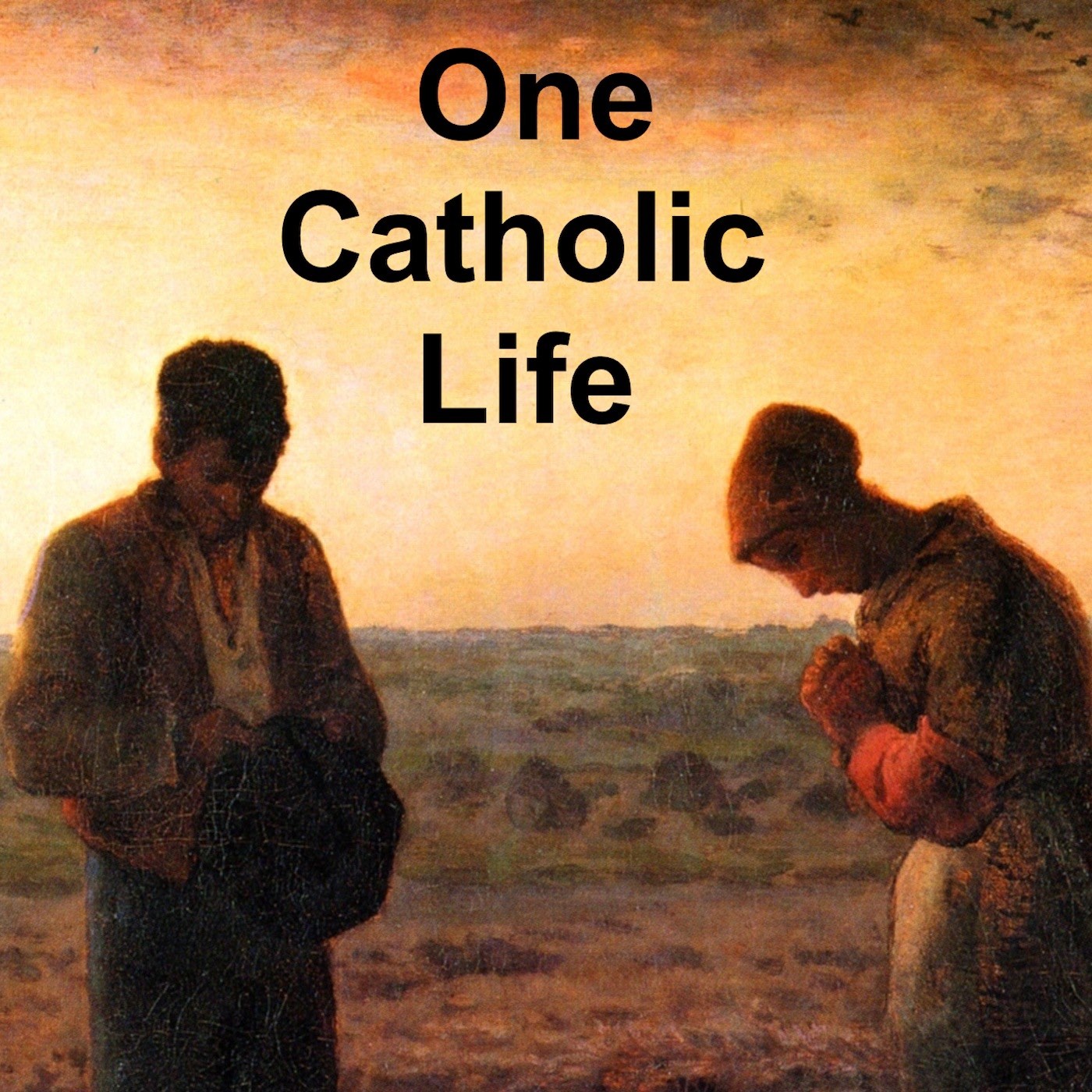Henry V and the Transfiguration: Homily for the 2nd Sunday of Lent
Description
One of the greatest speeches in all of literature
is the St. Crispin’s Day Speech by William Shakespeare
from his play, Henry V.
It’s October 25, in the year 1415,
and King Henry of England and his men are about to fight the French
in what will come to be known as the Battle of Agincourt.
Henry’s men are exhausted and sick.
They’ve been fighting for months,
and they’ve just finished a long and grueling siege of Harfleur castle.
As they move across the French countryside
trying to find a place to rest
the French army discovers them.
The English are outnumbered five to one,
and the French send a herald to receive their surrender.
But rather than surrender to the superior forces,
Henry chooses to fight.
When Henry’s cousin Westmoreland wishes they had
ten thousand more soldiers with them,
Henry begins his famous speech.
“No,” he says, “if we are to die, we are enough.
But if we are to live, the fewer the men the greater share of honor.”
He calls the men his “band of brothers,”
and says years from now survivors in their old age
will gladly bare their scars
to show that they were there on St. Crispin’s Day.
It’s a rousing, stirring speech,
especially when delivered by Kenneth Branagh,
in the 1989 movie version of Henry V.
On YouTube the speech has well over a million views:
And that’s what we have in today’s readings.
They are meant to inspire us, to motivate us
in this season of Lent.
We’re a week and a half into Lent,
and we’re trying to overcome not physical enemies like the French,
but the ancient enemies sloth, envy, gluttony, greed, lust, anger, and pride,
those deadly sins that enslave us.
During these forty days we intensify our efforts to overcome sin in our lives,
to reconnect with God and with each other.
And we may feel exhausted, we may feel outnumbered,
we may feel intimidated by the prospect of trying to change our lives,
or we may just not want to be bothered.
We may just want to be left alone.
Like Henry V, we are faced with a choice.
Do we surrender to those hostile forces that we struggle with?
Do we give in to our vices?
The readings of today’s liturgy encourage us to stand firm
in our Lenten commitments.
Like Shakespeare’s St. Crispin’s Day speech,
today’s readings ask, “Who’s with me?”
“Who’s willing to stay faithful to God?”
And the first answer to that question is Abraham.
Abraham trusts in the Lord even though he’s old,
even though it seems unbelievable
that he and Sarah in their old age
could have descendants as numerous as the stars.
But God promises that, and even more, saying
“I will give you this land.”
And when Abraham asks for a sign
God performs an ancient covenant ceremony
to seal his promise.
Abraham brings the sacrificial animals, splits them in two
and places the halves opposite each other.
Usually at this time in a covenant ceremony,
both parties would walk between the dead animals
as if to say,
“If either of us breaks the covenant,
this is what’s going to happen to us.”
But in this situation God alone passes between those pieces
as if to say to Abraham,
“You don’t need to guarantee this, I guarantee it.”
God is a God of promises, and a God who keeps his promises.
And Abraham trusts and the promise is fulfilled.
More Episodes
We are given very powerful readings today,
powerful individually and powerful collectively.
And at the heart of them all is a line by St. Paul
in his letter to the Romans:
“…be transformed by the renewal of your mind,
that you may discern what is the will of God,
what is good and pleasing...
Published 09/04/23
Published 09/04/23
It’s a sad fact of history
that the largest religious community
that ever lived together in the same place
in the history of the Catholic Church
was at the Dachau concentration camp in Germany during World War II.
Over 2,500 Catholic priests became prisoners in Dachau,
in Cellblock 26,...
Published 02/13/23


